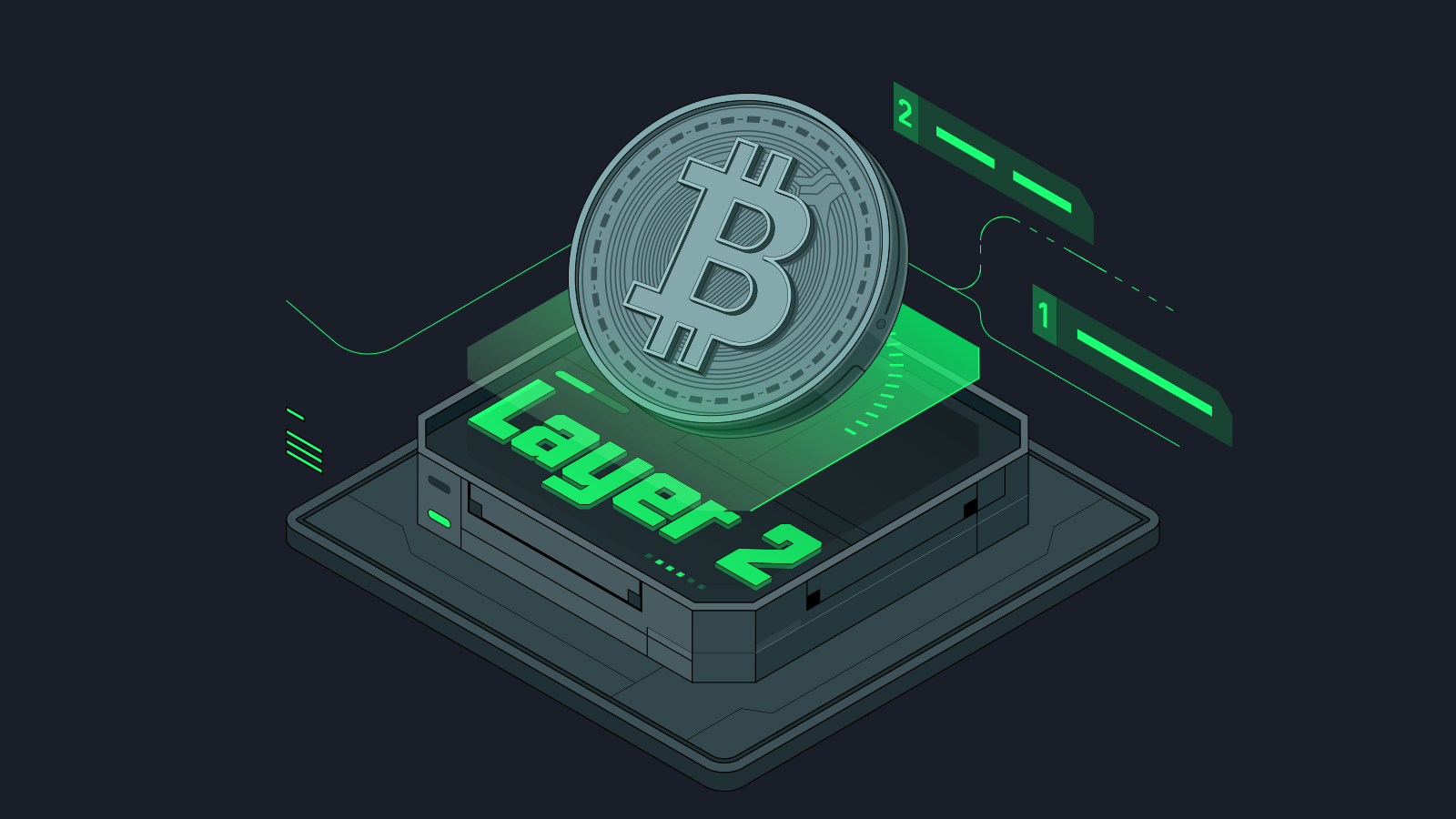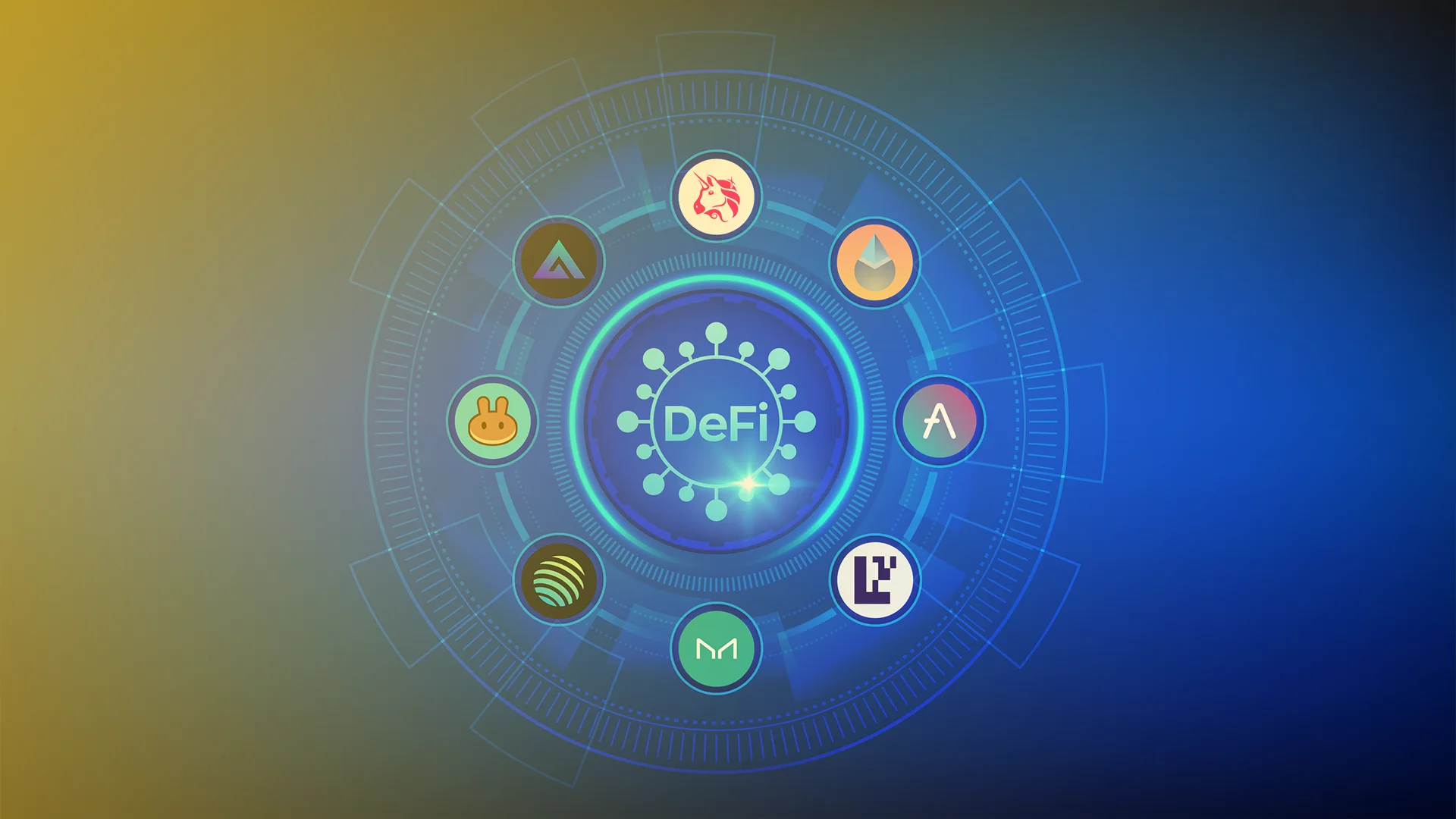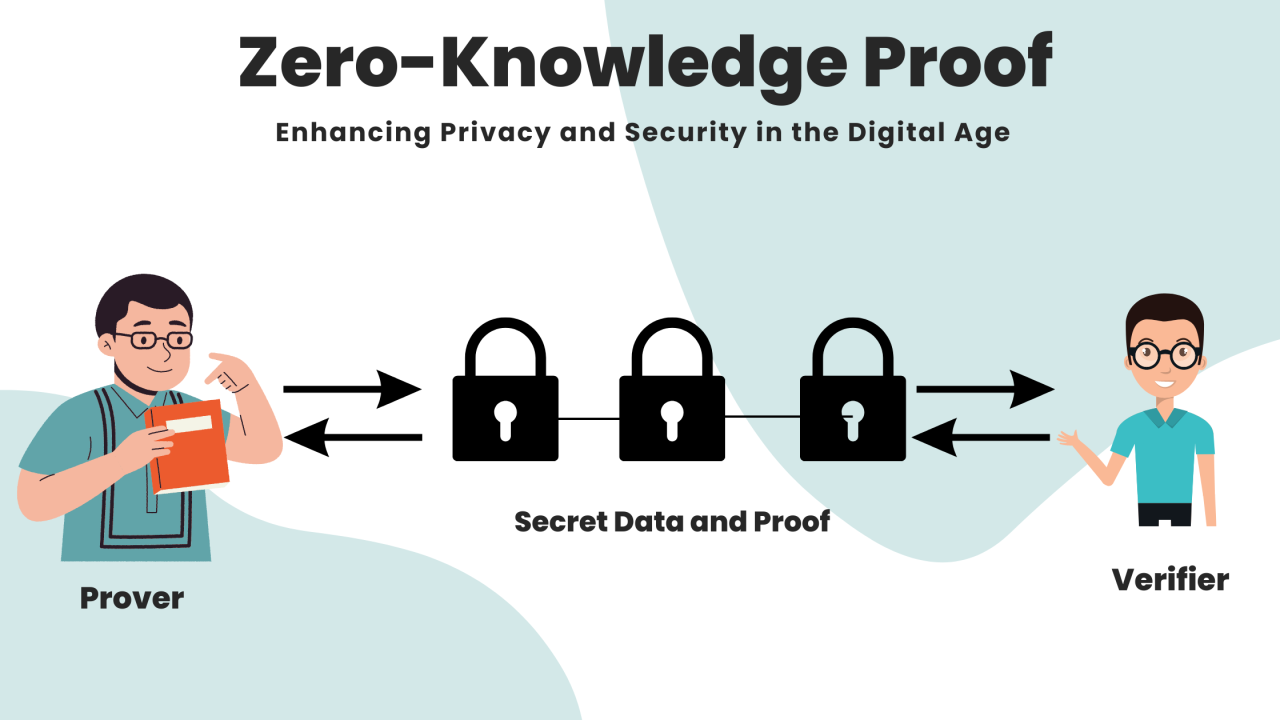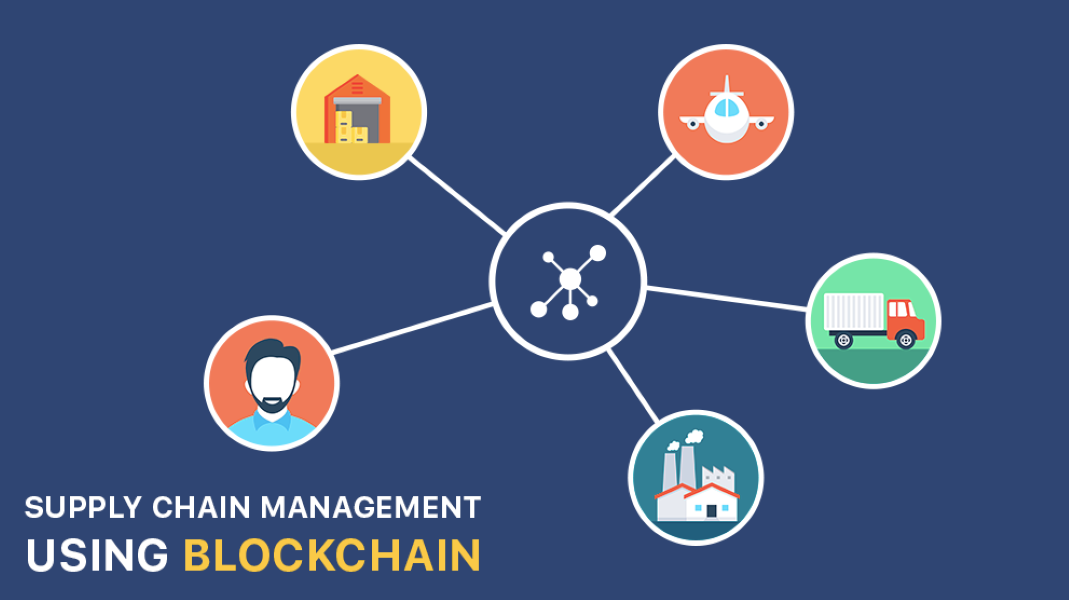Introduction
The cryptocurrency and blockchain services industry is undergoing a profound transformation, driven by technological advancements and growing interest from both institutional and individual players. As blockchain technology continues to mature, it is reshaping traditional industries, offering innovative solutions in finance, supply chain management, and data security.
In 2024, several emerging technology trends are expected to further accelerate the adoption and development of blockchain and cryptocurrency services. From advancements in scalability and privacy to the integration of AI and regulatory clarity, these trends will not only improve the efficiency and security of blockchain systems but also pave the way for more widespread use across various sectors.
1. Layer 2 Scaling Solutions
What It Is: Layer 2 solutions, such as the Lightning Network for Bitcoin or Optimistic Rollups for Ethereum, are protocols built on top of existing blockchains to enhance their scalability and transaction throughput.
Impact: As blockchain networks like Ethereum and Bitcoin continue to face congestion and high transaction fees, Layer 2 solutions enable faster, cheaper, and more efficient transactions. This trend will enable mainstream adoption of blockchain technology by improving user experience, supporting decentralized finance (DeFi), and enhancing the performance of smart contracts.

2. Interoperability and Cross-Chain Communication
What It Is: Interoperability refers to the ability of different blockchain networks to communicate and share information seamlessly. Solutions like Polkadot, Cosmos, and Chainlink are working toward enabling cross-chain interactions, allowing assets and data to flow freely between disparate blockchains.
Impact: This trend will break down silos in the blockchain ecosystem, facilitating more fluid exchanges between different networks. In 2024, we can expect a rise in decentralized applications (dApps) and financial instruments that operate across multiple blockchains, increasing the efficiency of decentralized finance (DeFi) protocols and asset management systems.
3. Decentralized Finance (DeFi) and NFTs Evolution
What It Is: DeFi refers to the use of blockchain technology to recreate and enhance traditional financial systems, such as lending, borrowing, and insurance, without intermediaries. Non-Fungible Tokens (NFTs) are digital assets representing ownership or proof of authenticity, typically in art, collectibles, and gaming.
Impact: In 2024, both DeFi and NFTs will evolve, with greater focus on improving security, user experience, and financial products. DeFi will continue to grow by offering more sophisticated services like decentralized insurance and synthetic assets. NFTs will expand beyond art and gaming into areas like intellectual property rights and real estate. With greater regulatory clarity, these sectors are poised for mainstream adoption.

4. Blockchain and AI Integration
What It Is: The integration of Artificial Intelligence (AI) and blockchain technology is becoming a key area of interest. AI can enhance blockchain’s data processing capabilities, and blockchain can provide AI models with verifiable and transparent data.
Impact: This trend will lead to more efficient and secure AI applications, particularly in areas like data sharing, predictive analytics, and decision-making processes. AI-powered smart contracts, for example, could autonomously execute complex transactions based on real-time data, while AI models trained on decentralized data sets could increase transparency and reduce bias.
5. Privacy Enhancements and Zero-Knowledge Proofs (ZKPs)
What It Is: Zero-Knowledge Proofs are cryptographic methods that enable one party to prove to another party that a statement is true, without revealing any underlying data. This technology can significantly enhance privacy on blockchain networks.
Impact: In 2024, the increased focus on privacy-preserving technologies will enhance the appeal of blockchain for applications requiring confidentiality, such as financial transactions, healthcare, and voting. ZKPs will facilitate privacy while maintaining transparency and auditability on public blockchains, addressing concerns about data privacy and security in decentralized applications.

6. Central Bank Digital Currencies (CBDCs)
What It Is: CBDCs are digital currencies issued by central banks, designed to represent government-backed money in a digital format. Countries like China, the European Union, and the US are actively exploring or testing CBDCs.
Impact: In 2024, the development and deployment of CBDCs will accelerate, reshaping the global financial system. Blockchain-based CBDCs will offer faster, cheaper, and more secure alternatives to traditional payment systems, and will likely drive greater digital currency adoption across both retail and institutional markets. They will also lead to new regulatory and compliance frameworks for digital payments and currencies.
7. Blockchain for Supply Chain and Traceability
What It Is: Blockchain’s immutability and transparency make it ideal for tracking products across complex supply chains. Companies are increasingly using blockchain to ensure product authenticity, traceability, and efficiency.
Impact: In 2024, more industries, particularly pharmaceuticals, food, and luxury goods, will adopt blockchain solutions for supply chain management. Blockchain will enable real-time tracking, reduce fraud, and improve overall supply chain efficiency. As consumers demand more transparency in the products they buy, blockchain-based traceability will become a significant factor in supply chain strategies.

8. Regulatory Clarity and Compliance Frameworks
What It Is: As cryptocurrencies and blockchain technologies become more mainstream, governments and regulatory bodies worldwide are working to develop clear guidelines around their use.
Impact: Regulatory clarity will be a major trend in 2024 as regulators focus on creating frameworks for anti-money laundering (AML), know-your-customer (KYC), and securities laws. The development of clear and consistent regulations will help build trust in the blockchain ecosystem, encourage institutional investment, and drive mass adoption of blockchain technologies.
9. Sustainability and Green Blockchain
What It Is: With growing concerns over the environmental impact of proof-of-work (PoW) blockchains like Bitcoin, the push for greener alternatives is gaining momentum. Blockchain projects using energy-efficient consensus mechanisms like proof-of-stake (PoS) are becoming more prominent.
Impact: In 2024, more blockchain projects will focus on sustainability, with PoS and other low-energy consensus mechanisms becoming the norm. Additionally, blockchain technology will be applied to track and verify carbon credits, supply chain emissions, and other environmental data to help businesses meet sustainability goals.

Conclusion
In 2024, the cryptocurrency and blockchain services industry will continue to evolve with the emergence of new technologies and trends that promise to enhance scalability, security, privacy, and regulatory compliance. The adoption of Layer 2 solutions, cross-chain interoperability, and decentralized finance innovations will create a more efficient and user-friendly blockchain ecosystem. Meanwhile, the integration of AI, zero-knowledge proofs, and sustainability efforts will drive greater trust and transparency.
With the increasing focus on central bank digital currencies and the growing push for regulatory clarity, the industry is poised for mainstream adoption and will play a pivotal role in reshaping global financial systems and digital economies.
